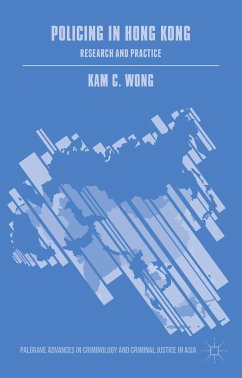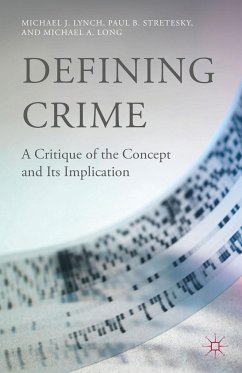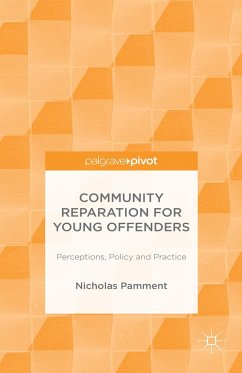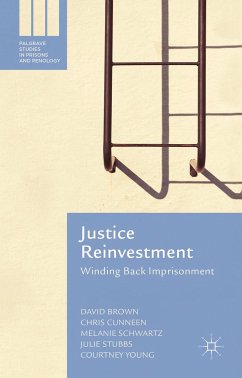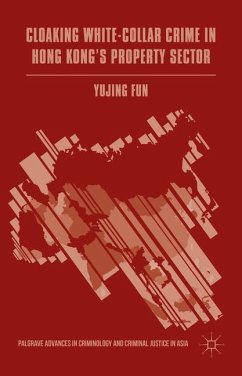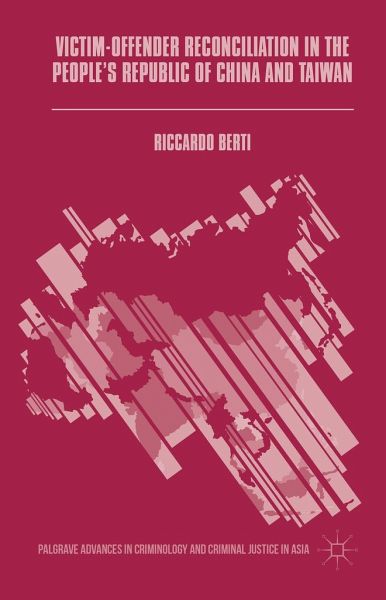
Victim-Offender Reconciliation in the People's Republic of China and Taiwan

PAYBACK Punkte
19 °P sammeln!
This book examines the conciliatory institutions that operate within criminal law in the People's Republic of China and Taiwan. Despite having the same legal traditions, the two countries have taken very different political and social roads over the past century. Taking these important factors into account, the book compares the conciliatory mechanisms that have emerged in the two countries, particularly focusing on the influence of Confucian tradition in current criminal reconciliation practices. By drawing upon in-depth interviews with multiple experts in the area, the role of tradition in t...
This book examines the conciliatory institutions that operate within criminal law in the People's Republic of China and Taiwan. Despite having the same legal traditions, the two countries have taken very different political and social roads over the past century. Taking these important factors into account, the book compares the conciliatory mechanisms that have emerged in the two countries, particularly focusing on the influence of Confucian tradition in current criminal reconciliation practices. By drawing upon in-depth interviews with multiple experts in the area, the role of tradition in the discipline of modern Xingshi Hejie is explored, alongside an analysis of the reasons that lead victims and offenders to choose this conciliatory procedure. The book offers a fascinating account of this feature of criminal justice in China and Taiwan, and will be of particular interest to scholars interested in comparative approaches to criminology and criminal justice.





